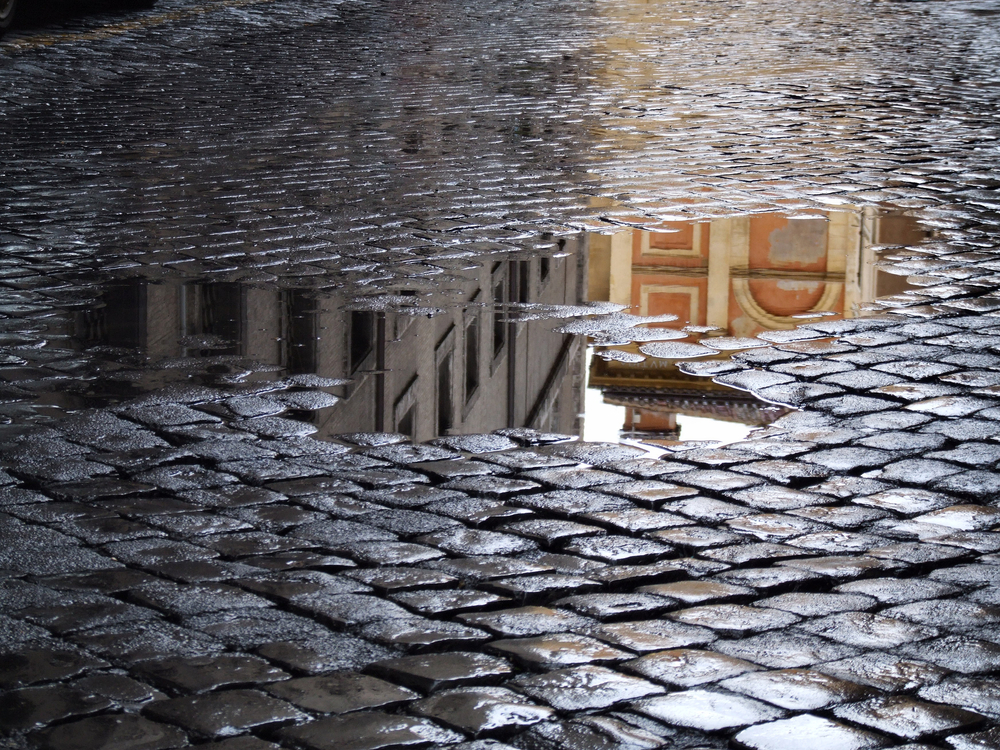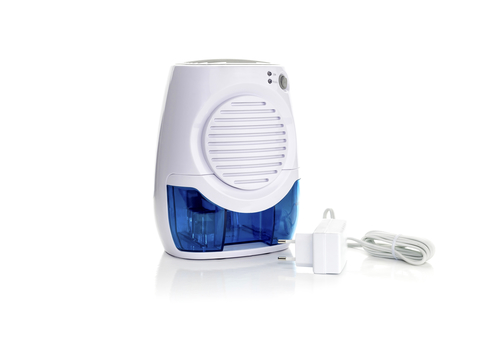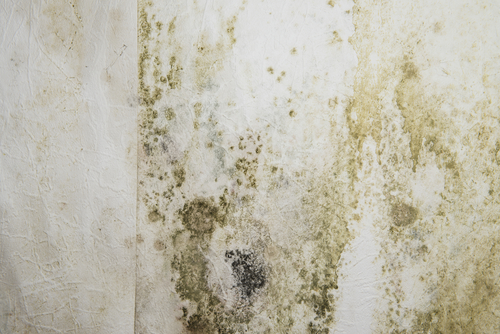It doesn’t sound like a common question, however, moisture in your walls happens more often than you think!
It can be due to a variety of problems, sometimes it can be a result of external factors but it can also be related to your internal plumbing system.
Like a plumbing emergency happening in slow motion, dampness in the walls can often go unnoticed until the problem becomes serious. It can be accompanied by many unwanted side effects, for example, the walls may become moldy or attract insects.
It is best to address the problem as soon as you notice it. Here are some ways to identify reasons for damp walls, as well as ways to prevent them!
The Problem
Weather Warning
If you live in an area where it rains frequently, you are at higher risk for experiencing dampness in your walls. Moisture seeps into your home in ways you’d never expect, primarily through diffusion.
The Lower Mainland in BC receives a high level of annual precipitation, and moisture in the home is a common issue as a result.
When It rains or snows, moisture can collect and penetrate the walls of your home. This is most commonly noticed in areas where water pools, like the basement or the roof.
Individuals who have a flat or level roof are at higher risk for leaks when a heavy snowfall occurs, or when rain falls and gathers.
Low Ground
Basements, especially in homes that are situated on lower ground or farmland, can also experience water damage in the walls when rain or snow collects.
Moisture from the ground surrounding your home can seep into the basement area.
The moisture is often too mild to notice and it will often go away on its own when it warms in the summer months.
However, if the condensation persists you may need to have an area of your home drained and dehumidified.
Leaky Pipes
The weather is a natural cause of moist walls and ceilings. Normally this problem resolves itself when the summer months arrive.

This is a more serious problem because it often requires immediate attention. A pipe may have burst in the interior wall structure of your home.
If left unresolved this can affect electrical circuits or cause permanent water damage.
This problem will not go away on its own and will require a plumber to come repair the pipe.
This problem can often be seen around the bathrooms of a home. It may be the result of poorly installed pipes or excessive leaking in bathroom appliances.
The Fix
Invest In A Dehumidifier

The dehumidifier will collect the moisture in the air and filter it out.
You can simply drain the dehumidifier of excess moisture, rather than having it collecting in your walls.
Outdoor Drainage System: Clear Your Gutters!
If you have noticed water pooling on your roof, or have existing leaks, your gutters could be to blame. If they are not frequently cleaned out, they can block the regular flow of water that you need to keep your roof from flooding.
In a similar vein, take the time to assess the drainage system in your yard, or the area surrounding your house. Ask yourself:
- Are there any outdoor areas where water collects?
- Is the siding of my house filled with cracks or visible water damage?
- Do I have a drainage system in place?
- Are my gutters clear?
Moisture can seep into your basement when the surrounding ground is oversaturated with water.
Be sure you have a proper outdoor drainage system in place. Your plumber can install one if you do not. You don’t want water collecting anywhere in your yard. It can spread to the interior of your home!
Clean And Prevent Mold
You can prevent mold by keeping your home dry.
However, if you notice dampness and mold in your walls or ceiling, it is a good indication that there is a problem with moisture in your house.
Once the issue is resolved it is essential to clean up any of the mold that you see, to prevent it from spreading to other things in the home.
Mold is not very good to breathe in so the sooner you resolve the problem the better.
There are many cleaning sprays that you can purchase to kill mold in your home. But before you start cleaning you need to be sure that the underlying problem with moisture is resolved.
Insulate your home
The right type of insulation can make all the difference. Be sure to weatherproof your home inside and out.
If your home has a wooden frame, make sure that it has been weather treated. It is common practice when building modern homes, but if your house is older this may be something that you need to do.
You can install a vapor barrier in your walls and flooring to be sure that moisture does not diffuse through into your home. For more tips on how to weatherize your home for moisture control, visit this helpful site.
Call A Plumber
If you are still experiencing dampness and have tried to repair the problem, you can call your plumber to help solve any remaining issues. This is especially the case if you think you have a burst pipe or leaking appliance.
The plumbers at Hillcrest Plumbing are all specially trained to deal with your plumbing emergencies. We have over 50 years of experience working with residential, strata and commercial plumbing problems.
If you think that you may have a burst pipe or faulty, outdated appliances that are contributing to the dampness in your home, call Hillcrest Plumbing for fast and trusted assistance, available to you 24/7.
